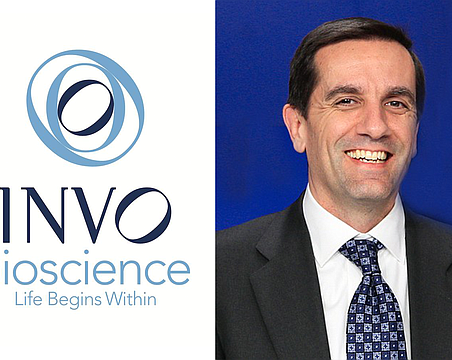Improve Performance Management
Studies show that employees seek rewards not only from their salary, but also from recognition for their performance.
Performance management addresses the essential issue of maximizing the talent you need to successfully realize your business strategy. In a previous article, I cited a couple of quotes; first, a Bureau of Labor Statistics (BLS) projection, "by 2010 we will face a labor shortage of 10,033,000 people." And second, "intangible assets can account for up to 80% of the total market value of US companies." The conclusion - clearly, companies who can select, retain and develop top talent will prosper and become the market leaders.
One of the foundational premises of performance management is that employees in your organization have many skills and talents that go unrecognized. Discovering, developing and utilizing these unrecognized talents lead to heightened performance of your existing staff. Involving employees in a personal development culture not only increases performance, but also builds increased loyalty.
Implementing a performance management process that identifies, develops and rewards individual talents will take planning and requires the executive team's involvement. It should go without saying that the plan must begin with defining and/or revisiting the company's goals, critical success factors, business plans and quality performance indicators.
Workplace performance cannot be measured independently of the organization's goals. Clarity and consensus on these goals within the executive team is essential for any successful performance plan.
It's then necessary to incorporate the company's goals into unique and specific sets of three to five succinct and measurable "accountabilities" for key positions. This can be accomplished through a job benchmarking process, which will result in setting specific performance objectives for each position. Included in this step is the definition of specific attributes, behavioral traits and motivators required to achieve the position's accountabilities.
The next step requires matching specific personal talents to the job - or assuring that you already have the right talent in the job now. Rather than taking this step as license to terminate individuals who don't necessarily have all the right talents currently, take this as license to develop those talents that are deficient. Each key position requires the right talent to achieve top performance, and with the job benchmark completed, a template for top performance has been established.
Matching the right person to the right job can result in maximizing the person's strengths and increasing job satisfaction. Talent assessments can gauge the same areas as the job benchmark (attributes, behavioral traits and motivators), greatly facilitating this process. A valuable side benefit of assessing talent is the automatic collection of a "talent database" for use in the future as your organization's jobs evolve.
Lastly, you need to consider establishing an ongoing review, recognition and rewards plan to consistently drive top performance. Poll after poll indicates that people in the workplace seek rewards not only from their salary, but also from recognition for their performance. A 1991 Managing Workforce 2000 listed this order of values that motivate the employee: Recognition for competence and accomplishments; respect and dignity; and personal choice and freedom.
1. Involvement at work
2. Pride in one's work
3. Lifestyle quality
4. Financial security
5. Self-development
6. Health and wellness
As you can see, money is quite far down on the list.
A personalized developmental plan linked to increasing performance carries the message that the organization truly values the individual, and is investing in his or her growth. Here is where you hit "a home run" for organizational performance!
Business succeeds (or not) based on the level of performance the capable talent in its workforce will achieve. Defining jobs and matching talent leads to "creating performance champions!"
Stephen Garber, who lives and works in the Sarasota area, provides executive coaching for individuals and organizations that need to select, retain and develop performance champions. Questions and comments are always welcome at [email protected].





